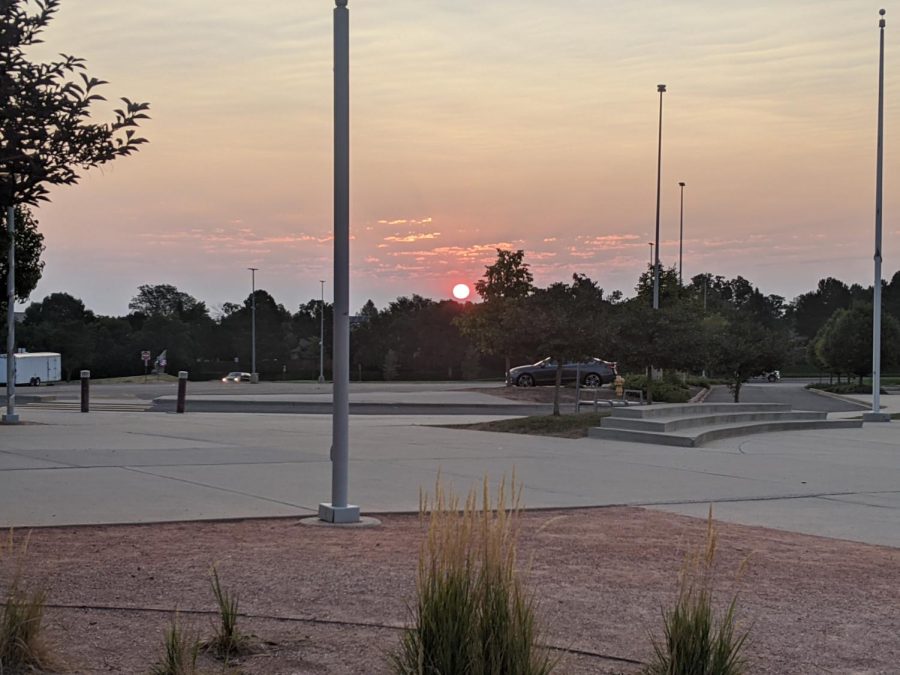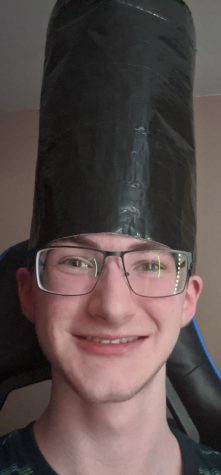Oh Magic, What Art Thou?
February 1, 2022
I don’t know if anybody’s aware of it, but I tend to have some very… peculiar thoughts, when it comes to magic or similarly supernatural phenomena in literature. As a fantasy writer who sometimes also delves into science fiction, the concept of magic is something I’m not foreign to. In regards to most fantasy works, either literary or something else entirely, there seems to be a few routes through which writers tend to thread the existence of magic. Keep in mind, however, that the categories I’m about to describe are extracted purely from personal observations and interpretations.
One such route is spellcasting, where the magic operates in a specific way according to a specific action. Two examples of such a route are the Harry Potter franchise, created by J.K.Rowling, and the Arinthian Line novel series, written by Sever Bronny. Unfortunately, while the obvious effects of the magic can be overly detailed and entirely understandable, the inner depths of how the magic actually operates are oftentimes barely touched upon, if they’re touched upon at all.
Another route hardly explains the magic at all, instead preferring to broadly refer to magic and its results while leaving many of the technical details in the background. Of course, this kind of magic can be frustrating for readers, who aren’t aware of the exact limitations of the magic, meaning that the potential for conflict and tension is difficult to discern without an already keen understanding. Writers might benefit from this kind of vague nature, but they can also write themselves into a corner if they don’t have a decent idea of the applications or limitations their magic has. Many works fall under this category, including The Witcher franchise, created by Andrzej Sapkowski, and the Infernal novel duology, written by Mark de Jager.
In the eyes of a reader, magic itself might as well be a work of art that is interpreted by those who chronicle it. For writers, however, there’s often a lot more work that goes into creating the magic as a system and integrating it into the world they’ve created. Because of the abstract nature of magic, this can be rather difficult due to a multitude of issues, ranging from power scaling (i.e. how powerful some magic is in relation to other magic – the same goes for the people who wield magic) to just how heavily the magic can interfere with plot conflicts and other important aspects of a story.
At this point it’s worth bringing up Brandon Sanderson, an author who’s written several fantasy series. Specifically, it’s worth bringing up what is commonly referred to as his Laws of Magic, which are:
- An author’s ability to solve conflict with magic is directly proportional to how well the reader understands said magic.
- Limitations > Powers
- Expand what you already have before you add something new.
In general, it’s quite easy to notice how these rules of thumb can help prevent some of the issues that I’ve already mentioned. Sanderson’s been through his fair share of magical adventures, and these guidelines make that very clear.
Despite these rules, I still find it quite difficult to create a magic system of my own. As an example, I’ll refer to my science fiction story called The Aria Experiment (which was referenced in a past article, The Creation of a World), since that story relies on what is, effectively, a system of magic. Most characters possess unique weapons. Even if those weapons do fall into the overall categories of Parasite-type and Weapon-type Ichors, the individuality of each Ichor can’t be understated enough. This individuality produces some rather interesting problems, some of which can be used as plot elements (i.e. discrimination amongst a society where individuality may be a curse for those who wield weaker weapons) while others make the story more difficult to write. On the other hand, the individuality helps to add a sense of wonder to the story and world, where the characters themselves can never be sure of what to expect next. If the characters have no idea what a person can do, that kind of tension and wonder will naturally translate over to the reader.
This system of magic maintains its main idea throughout most of my stories. An individual’s magic is usually unique (at least to some extent) but still has to obey certain foundational rules that apply to all magic.
What makes such a system of magic so strange and difficult to create is how I want to actually create it. Of course, the aspect of individuality is meant to give room for further plot developments that might otherwise be restricted, but my style of writing necessitates an almost scientific understanding of the magic system. By this, I mean that everything within the system of magic should be explainable, from its origins to how the magic is created from those origins to how there can be variations in an individual’s magic. More than anything, when I create a system of magic, my intent is to understand the magic as if it were as immutable as the laws of physics (on a larger-than-quantum scale).
Now, can anyone explain why creating such a complex and precise magic system is difficult?
Well, here’s the answer: magic, as far as I’m concerned, doesn’t exist in reality, no matter how much I want it to.
This means that I have no frame of reference from which to base my magic system on. It’s kind of like when scientists and mathematicians like Isaac Newton first proposed how the heck the world actually worked, but with the exception that their observations have to come from other planes of reality where the physics and everything else are different enough that the science just has to kind of be made up on the fly based on what they think worked well and what didn’t in those other planes of reality.
So, what might these insights into the creation of magic mean for you, dear reader? Perhaps, just possibly, you might consider cracking open one of your favorite fantasy series again, either on the television or the bookshelf, and try to examine the magic with a more critical lens. Who knows, you might even start to see those fireballs in a different light.








